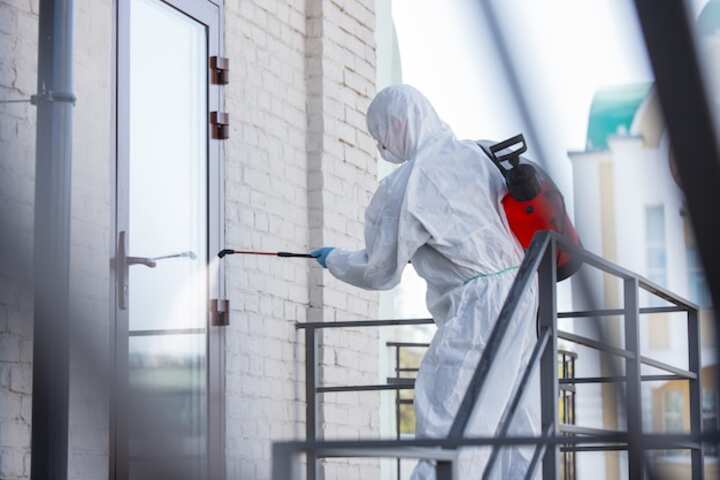
Expert Mold Inspection and Remediation Services Your Trusted Specialists
Mold can be a silent invader in homes and commercial properties, posing a significant threat to health and structural integrity. Addressing mold issues requires expertise and precision to ensure a safe and effective resolution. Expert mold inspection and remediation services are essential for identifying, assessing, and eliminating mold infestations. This article delves into the importance of professional mold services, the processes involved, and what property owners should know when considering these services.
Understanding Mold and Its Risks
Mold is a type of fungus that thrives in damp, humid environments. It can grow on a variety of surfaces, including walls, ceilings, and floors, and is often hidden from plain sight. Mold spores are microscopic and can easily become airborne, leading to respiratory issues and other health problems when inhaled.
Health Hazards of Mold Exposure
- Respiratory issues such as asthma and allergies
- Skin irritation and rashes
- Headaches and fatigue
- Severe reactions in individuals with weakened immune systems
Find additional information here about the health risks associated with mold exposure.
The Importance of Professional Mold Inspection
Professional mold inspection services are crucial for accurately identifying the presence and extent of mold in a property. Trained inspectors utilize specialized equipment and techniques to detect mold that may not be visible to the naked eye.
Steps Involved in a Mold Inspection
- Visual examination of the property
- Moisture mapping to identify potential sources of water intrusion
- Air and surface sampling to detect mold spores
- Analysis of samples in a laboratory setting
Learn more in this detailed guide on the mold inspection process here.
Effective Mold Remediation Strategies
Once mold is detected, remediation involves a series of steps aimed at eliminating mold and preventing future growth. Professional remediation services follow industry standards to ensure a thorough and safe process.
Key Components of Mold Remediation
- Containment of the affected area to prevent mold spread
- Removal of contaminated materials
- Cleaning and sanitizing of surfaces
- Repairing moisture issues to prevent recurrence
- Use of specialized equipment like HEPA vacuums and air scrubbers
Explore further insights into effective mold remediation strategies here.
Choosing the Right Mold Specialists
Selecting a reputable and experienced mold remediation specialist is crucial for ensuring the safety and efficacy of the process. Consider the following factors when choosing a service provider:
Factors to Consider
- Certification and training of the specialists
- Experience with similar mold issues
- Use of advanced technology and methods
- Customer reviews and testimonials
- Comprehensive service offerings
Read more about this topic to ensure you make an informed decision here.
Preventing Future Mold Issues
Prevention is a critical aspect of managing mold risks. Implementing measures to control moisture and humidity levels can significantly reduce the likelihood of mold development.
Preventive Measures
- Regular maintenance of plumbing systems
- Use of dehumidifiers in damp areas
- Ensuring proper ventilation
- Promptly addressing water leaks and spills
Learn more about preventive strategies to keep mold at bay here.
In conclusion, expert mold inspection and remediation services are indispensable for maintaining a healthy and safe living or working environment. Understanding the processes involved and choosing the right specialists are key steps toward effective mold management. Explore further insights here.